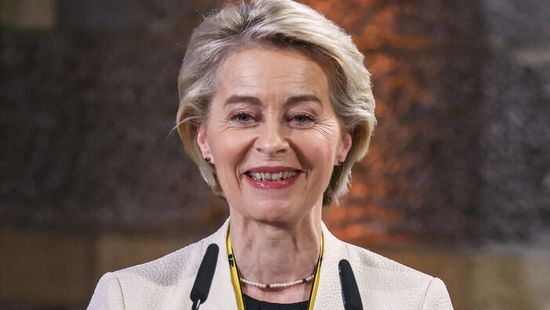„The Europeans don’t want to admit they need help. The United States, he says, is resistant because its own high debts would prevent it from contributing, thereby diminishing its power. China fears being hoodwinked into throwing good money after bad; but without China, contributions from other countries (Brazil, India, Saudi Arabia) would be meaningless. Against these obstacles, he says, Lagarde could argue that absent IMF help, a financial meltdown might cause a new global slump.
When created, the IMF was a political institution dedicated to stabilizing the world economy. Does it still work? A tectonic shift has occurred in the global economy,Subramanian writes. Traditional creditors (rich countries) and traditional debtors (poor countries) have switched places. Meanwhile, the social contracts written by most advanced nations, including the United States, will be rewritten by either design or events. Economic stability depends on managing political change.
Can China, Brazil, India and some major oil exporters deploy their financial power for the collective good - including the health of their export markets? Can Europe modify its welfare systems without being paralyzed by civil strife and feuds among nations? Or are we on a collision course with some future crisis whose advancing outlines we can dimly perceive but seem powerless to stop?”

